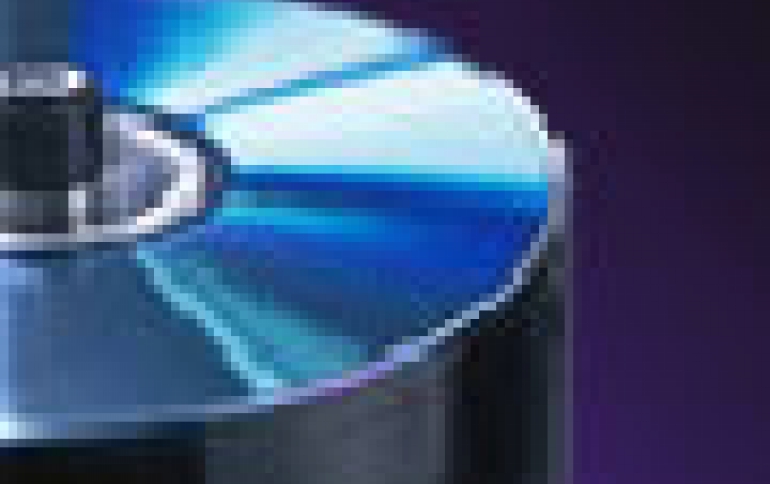
Court Ruling On Optical Media Copyright Levies Paves The Way For Change
The Court of Justice of the European Communities (CJEU) last week released its judgement regarding the Padawan Case - effectively outlawing the indiscriminate application of copyright levies to devices used for business purposes.
The issue in the Spanish case of Sociedad General de Autores y Editores ?v- Padawan S.L. was the indiscriminate application of substantial flat-rate levies to CD-Rs and other blank recording media, including those sold to businesses that had no intention of using them for private copying.
The Court of Justice of the European Communities said that the application of copyright levies of optical media is justified only when digital reproduction devices are used for private copying purposes. The Court confirmed that copyright levies are not aimed at compensating rights holders for illegal reproductions.
The judgement was heralded by industry as an important step forward in the modernisation of the current levy system; an outdated regime that harks back to the days before digital technology products and services were incorporated in every aspect of our daily lives.
"The Padawan test case paves the way for change," says Bridget Cosgrave, Director-General of DIGITALEUROPE, adding, "The Court's judgement is a welcome signal that European lawmakers recognise the urgent need to adapt this antiquated system to one more in line with today's digital reality."
As the highest judicial authority in the European Union, the Court's judgement will have a wide impact. "The most important result to come out this decision is that lawmakers recognise the unfair and untransparent methods used by collecting societies when calculating and claiming copyright levies. The judgement presents an opportune moment to address the other inadequacies in the current regime," points out Cosgrave.
The decision comes on the heels of the opinion rendered in May 2010 by the Advocate General Trstenjak, in which she noted that the concept of fair compensation should be uniformly interpreted. Cosgrave says that the CJEU judgement, which follows Trstenjak's opinion, establishes a precedent for a more balanced system of compensation to be established.
"It must be understood that the judgement given by the Court today establishes the critical importance of balancing the interests of all parties, consumers, rights holders, and manufacturers when copyright levy tariffs are determined," stresses Cosgrave. "The CJEU judgement confirms fair compensation as the new community concept; this requires a radical adaptation of the old-fashion copyright levies systems." concludes Cosgrave.
The Court of Justice of the European Communities said that the application of copyright levies of optical media is justified only when digital reproduction devices are used for private copying purposes. The Court confirmed that copyright levies are not aimed at compensating rights holders for illegal reproductions.
The judgement was heralded by industry as an important step forward in the modernisation of the current levy system; an outdated regime that harks back to the days before digital technology products and services were incorporated in every aspect of our daily lives.
"The Padawan test case paves the way for change," says Bridget Cosgrave, Director-General of DIGITALEUROPE, adding, "The Court's judgement is a welcome signal that European lawmakers recognise the urgent need to adapt this antiquated system to one more in line with today's digital reality."
As the highest judicial authority in the European Union, the Court's judgement will have a wide impact. "The most important result to come out this decision is that lawmakers recognise the unfair and untransparent methods used by collecting societies when calculating and claiming copyright levies. The judgement presents an opportune moment to address the other inadequacies in the current regime," points out Cosgrave.
The decision comes on the heels of the opinion rendered in May 2010 by the Advocate General Trstenjak, in which she noted that the concept of fair compensation should be uniformly interpreted. Cosgrave says that the CJEU judgement, which follows Trstenjak's opinion, establishes a precedent for a more balanced system of compensation to be established.
"It must be understood that the judgement given by the Court today establishes the critical importance of balancing the interests of all parties, consumers, rights holders, and manufacturers when copyright levy tariffs are determined," stresses Cosgrave. "The CJEU judgement confirms fair compensation as the new community concept; this requires a radical adaptation of the old-fashion copyright levies systems." concludes Cosgrave.













